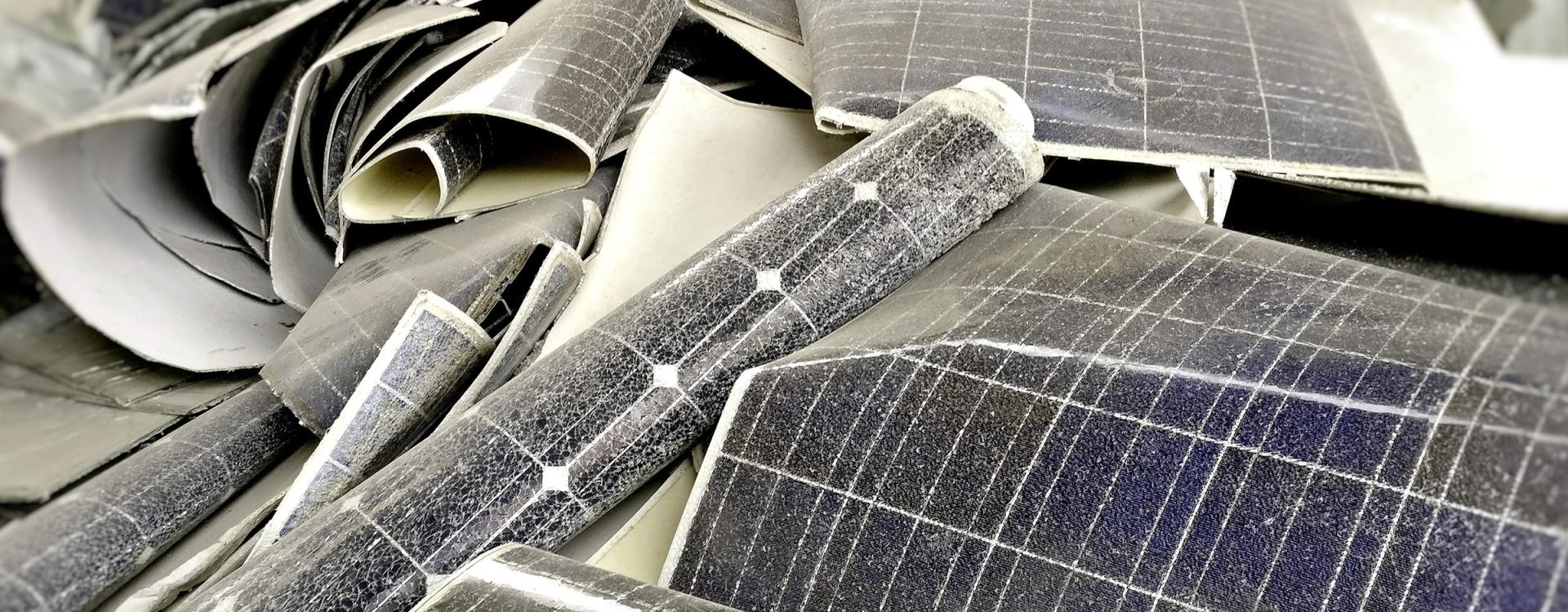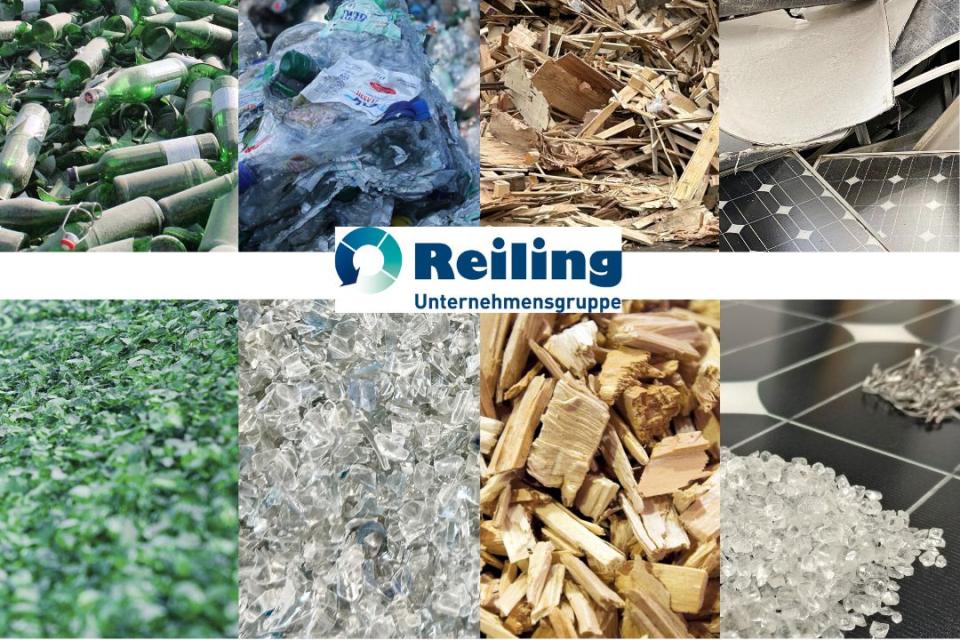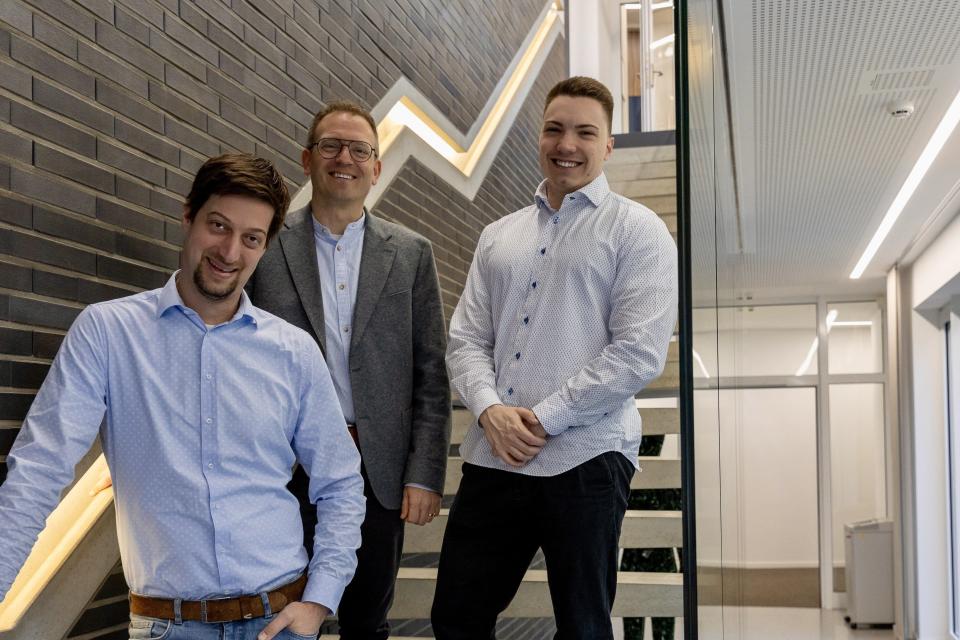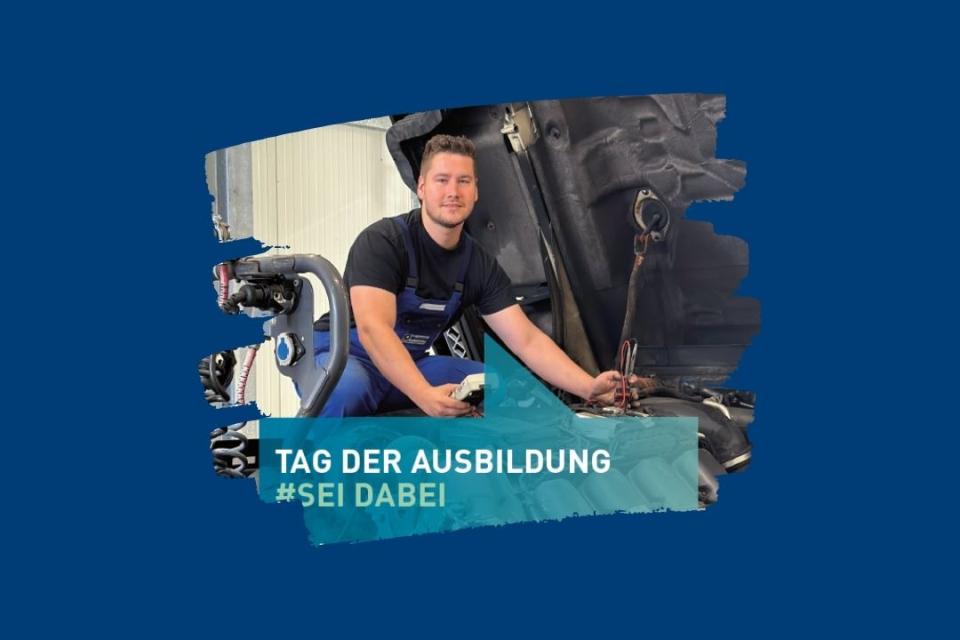TOGETHER WITH THE RECYCLING SPECIALIST FOR PV MODULES, REILING GMBH & CO. KG, RESEARCHERS FROM THE FRAUNHOFER INSTITUTE HAVE SUCCESSFULLY WORKED ON A SOLUTION FOR SILICON RECYCLING.
In Germany, around ten thousand tonnes of silicon in old photovoltaic modules end up on the recycling market every year, and from 2029 this will be several hundred thousand tonnes per year. Currently, only the aluminium, glass and copper of old modules are reprocessed, but not the silicon solar cells.
In order to be able to continue using this material, researchers from the Fraunhofer Center for Silicon Photovoltaics CSP in Halle (Saale) and the Fraunhofer Institute for Solar Energy Systems ISE have developed a solution together with the largest German recycling company for PV modules, Reiling GmbH & Co. KG: The silicon of the modules was recycled on an industrial scale and used to produce new PERC solar cells.
By-products of the reprocessing process at Reiling GmbH, from which the solar cell fragments are separated and collected. © Fraunhofer ISE The majority of PV systems were installed in Germany in the first wave of expansion between 2009 and 2011. "This will foreseeably be followed by a first wave of disposal after the end of the twenty-year feed-in tariff from 2029," explains Prof. Dr. Andreas Bett, Institute Director of Fraunhofer ISE.
"Therefore, reasonable processes and procedures for recovering the silicon from discarded modules must be established in advance." Already in 2021, the total installed quantity of PV modules in Germany was about five million tonnes, with a silicon content of 150,000 tonnes. As a semiconductor material, silicon is the main component of solar cells.
A working group at Fraunhofer CSP, together with Reiling GmbH & Co. KG, funded by the German Federal Ministry for Economic Affairs and Climate BMWK (formerly BMWi), has therefore developed a process with which the silicon can be recovered.
This makes it possible to recycle all crystalline silicon PV modules, regardless of manufacturer and origin. Prof. Dr. Peter Dold, project manager at Fraunhofer CSP, explains: "Otherwise it would be far too much work for the recycling companies. It was important for us to develop a scalable process that also makes economic sense. Many things are possible in the laboratory, but our new process should prove itself in practice for the recycling industry.




